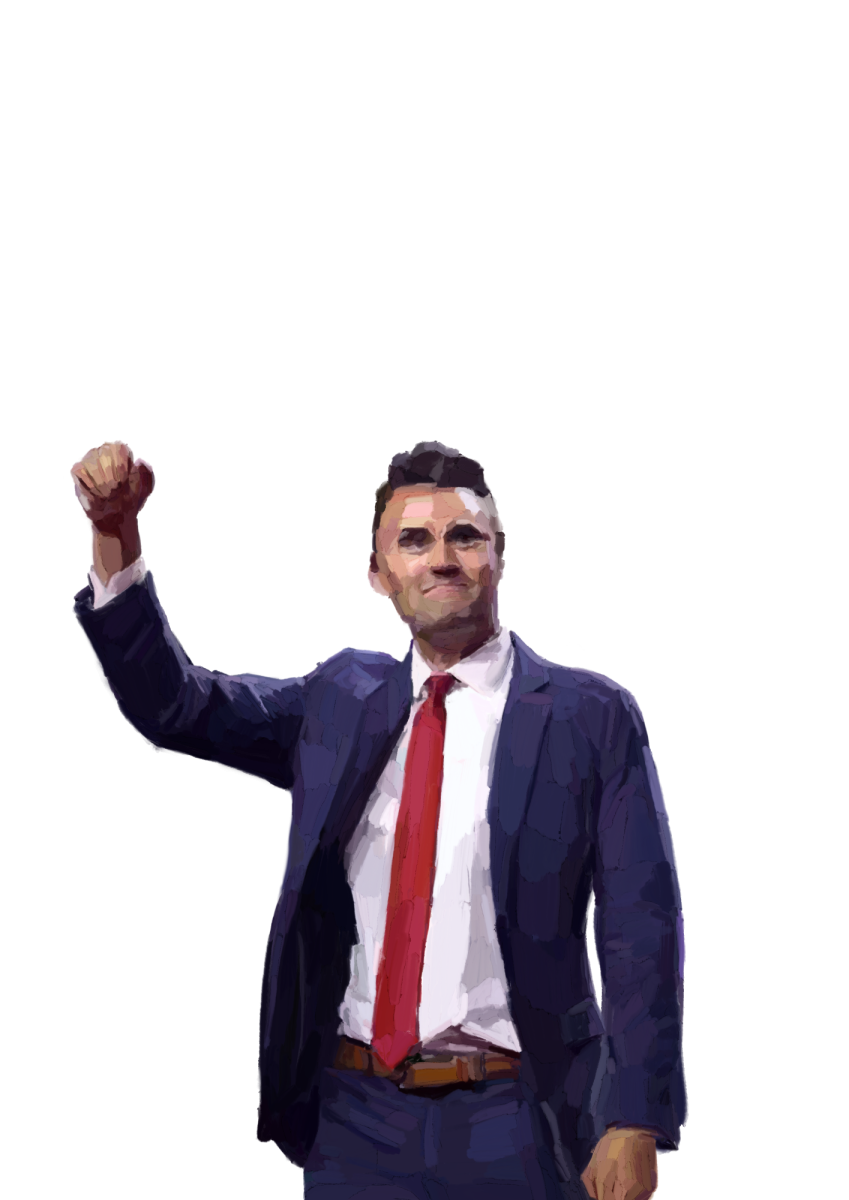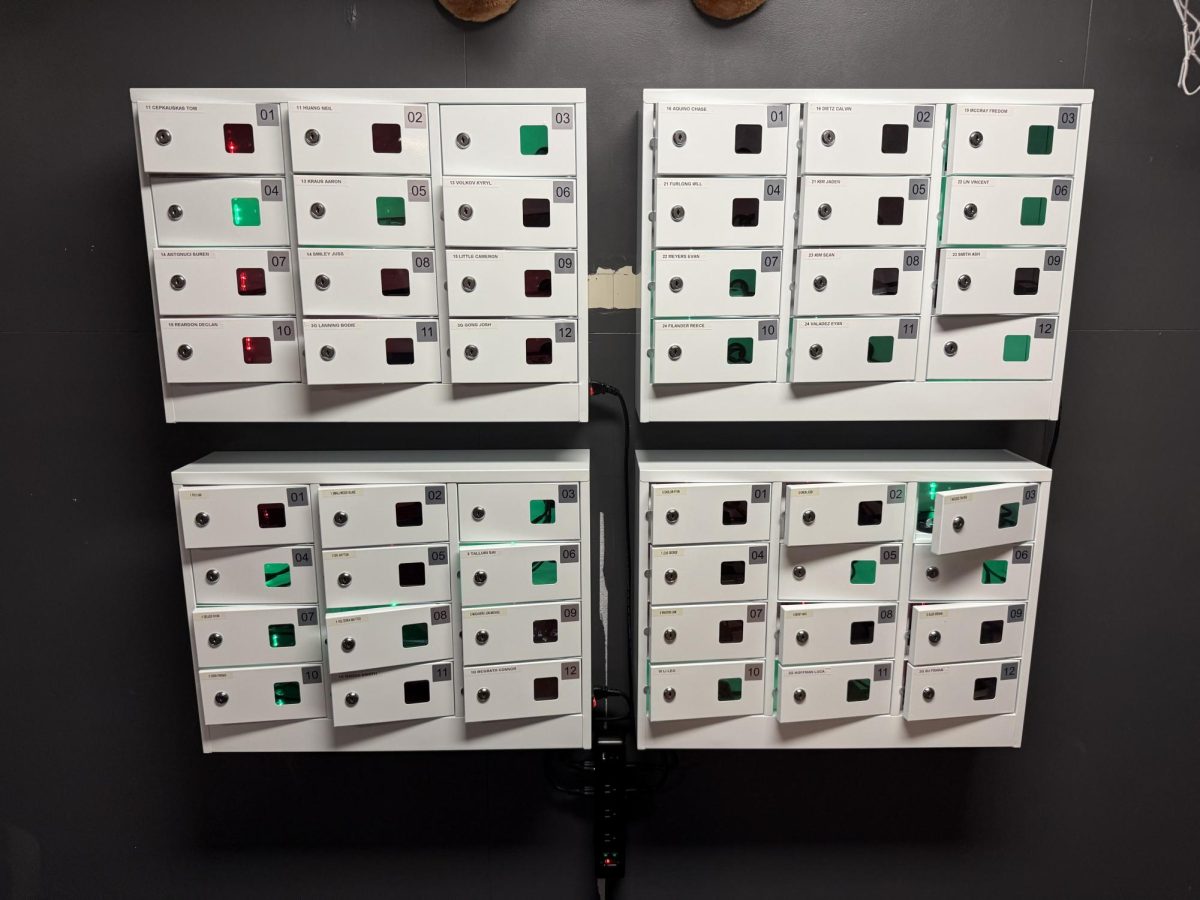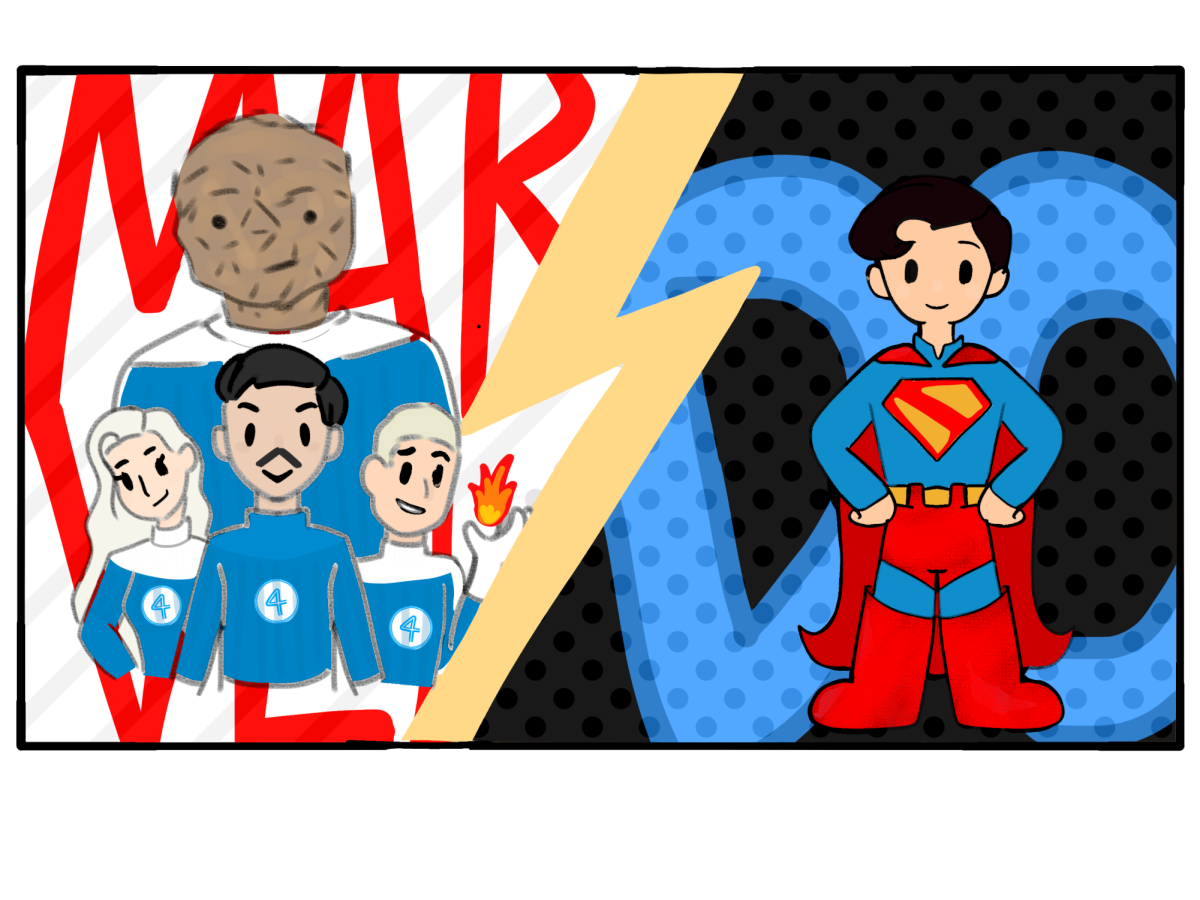After the presidential debate on April 9th, conversations on campus revolve around the candidates and their vision for the SGA. Many express their thoughts on the debate and questions as a whole, whereas others focus on specific ideas that the candidates offer. An unspoken aspect of the election is how students choose to vote for the SGA president, which either base on known personality or the performance on that night.
Many students walk into the debate with an opened mind, voting for whoever fittest for the position regarding his/her ideas and confidence on stage. A student government president should be able to showcase the public speaking skill and assertiveness, because essentially, the president is a communicative bridge between the student body and the administration. The SGA has the power to bring students’ concerns and ideas to the administrative board for further decisions, hence the debate is an effective medium for the candidates to demonstrate their ability, and, safe to say, a glimpse of who they are.
Though there is a correlation between public speaking and communication, it is not the only factor to determine the fittest candidate for the presidency. An important characteristic that a president needs to carry is the persistence to pursue and effectively process proposals made by the association. It is a trait to be observed in a long run rather than a 60-minute debate, which ultimately creates a dilemma that makes the vote counts unpredictable. Students could easily vote based on the personal interactions that they have, but at the same time could hold an unbiased opinion to vote for the most suitable candidate based on the debate alone.
Public image is an essential criterion to elect the president, for which each candidate had a different approach. From what I have seen, a strategy that some candidates used in the past two elections is to play a character. Throughout the course of a 60-minute debate, it is not difficult drifting away from the authentic personality to advertise an idea or to simply outstand the competitors. If public perception is accountable for the vote counts, it could be necessary for some candidates to propose what the students want to hear at the time, instead of what they need in the future.
Students should consider a candidate’s representation in the debate and his/her reputation in the community before voting. It could be tricky for those who haven’t had a chance to interact with any of the candidates, but there are additional sources such as personal interviews that would provide better information. Moreover, the election committee could get input from the student body for specific questions that the community would like to hear the answers for.






















